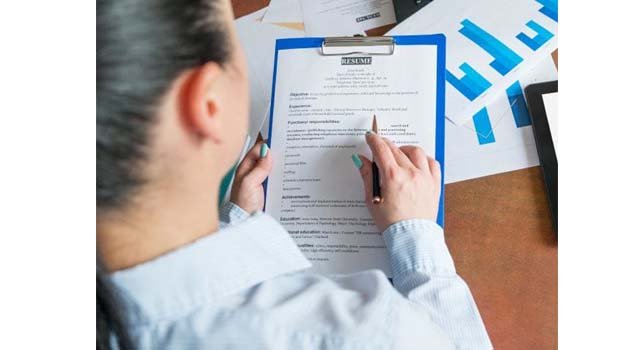Suggestion
Tips for graduates seeking work

Graduating from university is an exciting time. But figuring out your next steps can be daunting. Luckily, the experiences you’ve had while at university can help you to find your first job – you’ve just got to reflect on what you’ve learned while studying. Then you’ve got to use those experiences to create an application that will impress employers.
So how can you do that? And what should your next steps be?
First of all, don’t panic. “It’s OK to be nervous and to feel a bit anxious,” says Lucy Madahar, deputy director of student success services at the University of the West of England (UWE Bristol).
The main thing to figure out is what you want to do. “Find something that will make you happy and that you enjoy,” Madahar says. “If you enjoy something, you’ll put your heart and soul into it.” But what if you’re not sure what you enjoy? You can find out by visiting a careers coach. Some students are unsure how a careers adviser can help them, but a coach will help you work out who you are, what you enjoy and what you’re good at, through assessments and counselling.
Once you’ve worked out what you want to apply for, you’ll need to put in a good application. When it comes to CVs, the key is to personalise it, Leanne Newton, a careers consultant at UWE Bristol, says. “Blanket applying is a common mistake – tailoring your CV and application is key,” she says. “We see students who are at the end of their tether because they’ve had knockbacks, but when you unpick what they’re doing you see they’re blanket applying.”
For cover letters, it’s important to research the employer, Newton says. “Find out what their ethos is, and how charitable they are, as well as how green and sustainable they are,” she says. And don’t just tell them what they already know about their company, such as that they are a world leader in their field, she says. “Finally, remember to write your cover letter in the first person,” Newton says.
Just as important as a good application is to keep on top of social media. An employer will likely Google you and check out any social media accounts you have. “We run sessions on compiling a good LinkedIn profile,” says Madahar. “We also talk about the need to have mature names and Twitter handles and to be careful when posting photos.”
Jenna Rogers, 21, a third-year student at UWE Bristol, who is also a freelancer at a design agency, says many students in creative courses have their own Instagram design account.
Charlotte June Godbold, 23, a representation coordinator for UWE Bristol and a recent graduate, says this is really important. “It’s the different experiences that are going to set you apart,” she says. “I can see the difference between the people who did things like that and the people who didn’t, in terms of where we are now.” Godbold was a student representative throughout her studies and represented students across departments. “I was attending quite high-level meetings at the university, discussing policy, strategy, and getting a behind-the-scenes view,” she says, and this helped her to get a job when she graduated.
Overall, finding your first job after graduating doesn’t have to be full of stress. All of the opportunities you’ve taken advantage of during your student days, and the lessons you’ve learned, will help you to make your next steps – you’ve just got to think about all that you’ve achieved while at university and let that guide your next move.



